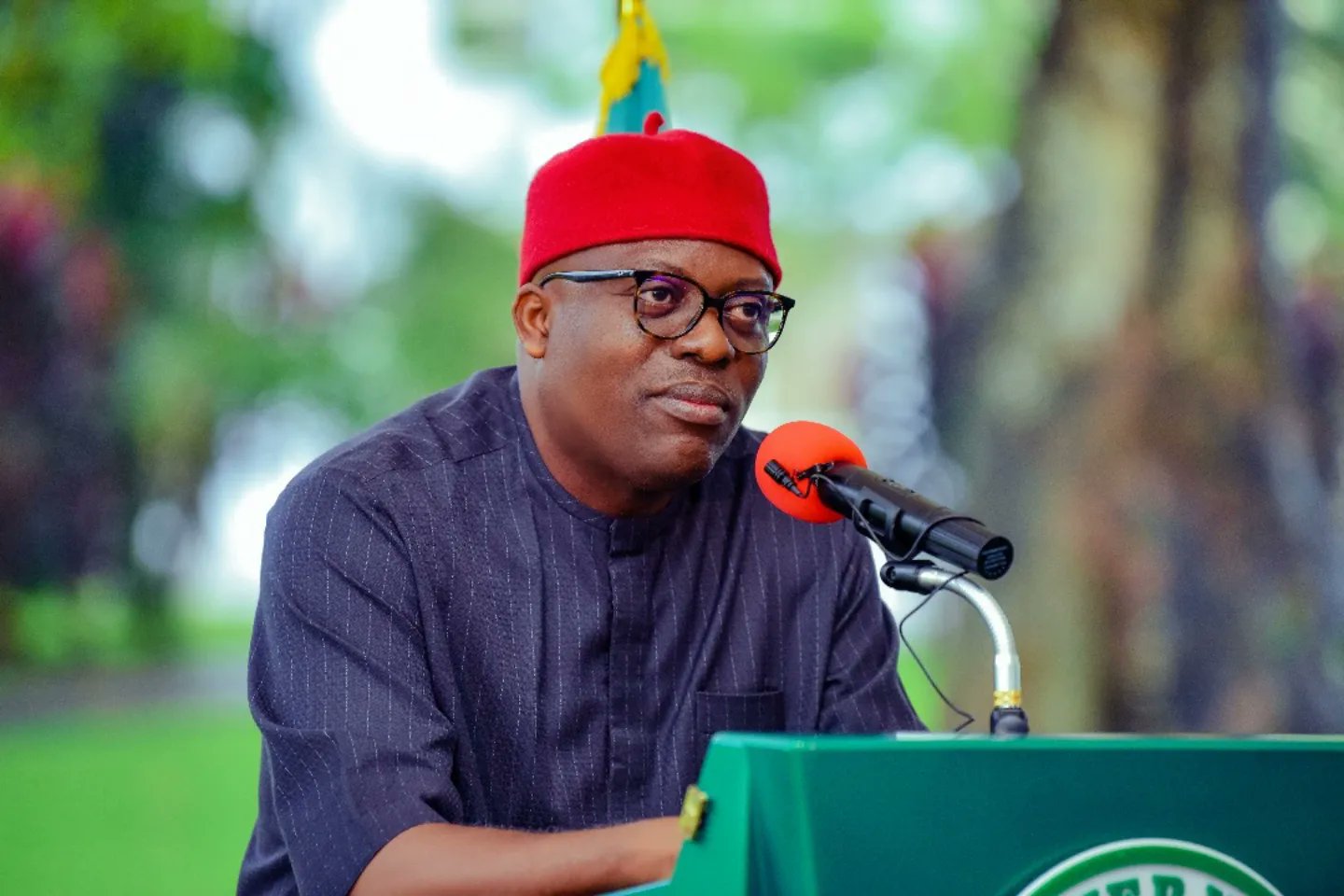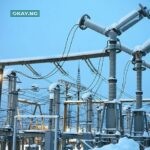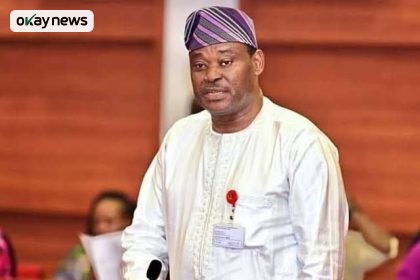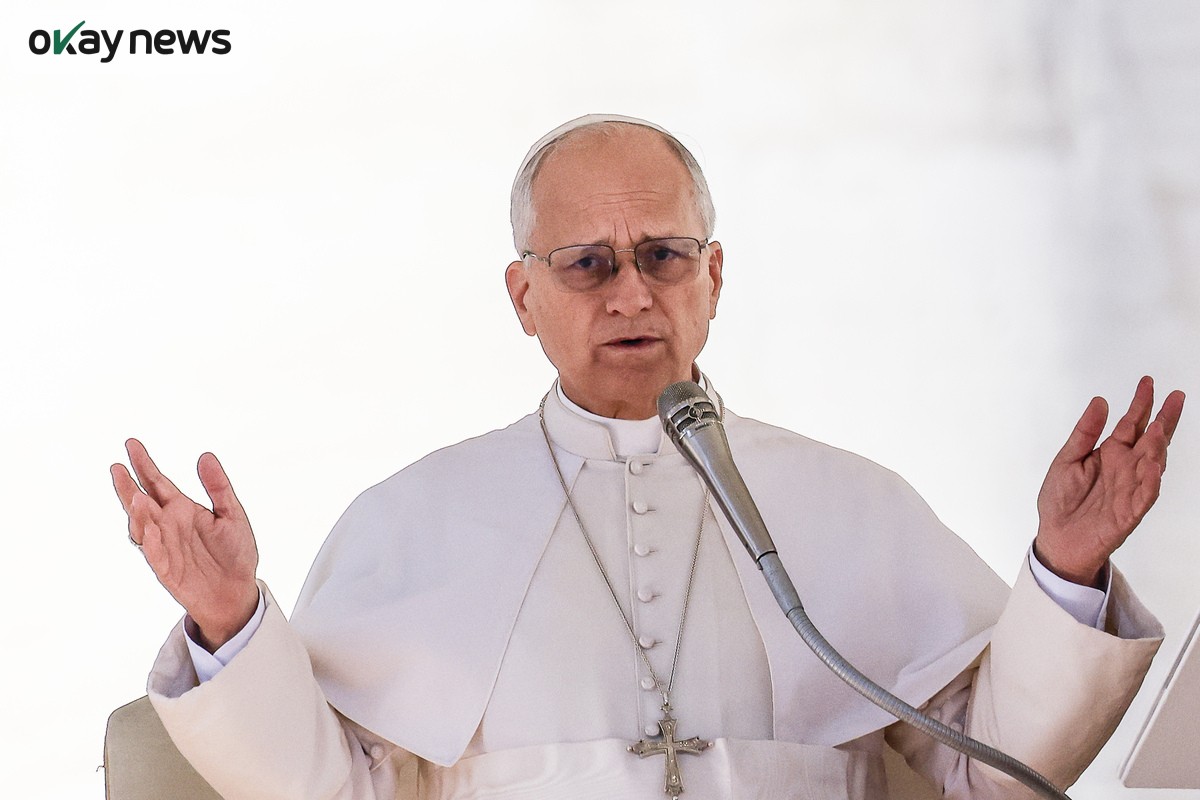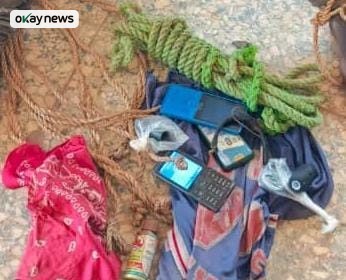Rivers State Governor, Siminalayi Fubara, has encouraged members of the 2025 Batch B, Stream II National Youth Service Corps (NYSC) deployed to the state to make the most of their service year by developing practical skills through the NYSC Skill Acquisition and Entrepreneurship Development (SAED) programme.
The governor gave this advice during the closing ceremony of the Batch B Stream II orientation course in Rivers State on Tuesday. Represented by the Secretary to the State Government and Chairman of the NYSC Governing Board, Hon. Benibo Anabraba, Fubara urged the corps members to embrace skill acquisition as a path to becoming job creators rather than job seekers.
“Take Rivers State as your home. Be assured of the warmth, hospitality, and accommodating disposition of our people at all times,” he said. “Take the skill acquisition and entrepreneurship development post-camp training very seriously and equip yourselves with the capacity to compete favourably in the nation’s large economic space.”
He emphasized that the NYSC programme is not just about serving the nation but also an opportunity for personal growth and national development. Fubara called on the corps members to view their mobilisation into the scheme as a platform to contribute to humanitarian service.
“Remember that you owe it to yourself, your family, and the nation to serve selflessly and honourably,” he advised.
Okay News reports that the governor’s message aligns with his administration’s continuous support for youth empowerment and entrepreneurship as tools for reducing unemployment and promoting self-sustainability in the state.
In his farewell address, the State Coordinator of the NYSC, Mr. Moses Oleghe, also urged the corps members to use their service year to discover their true purpose. He encouraged them to embrace empathy, discipline, and dedication while serving in their host communities.
The National Youth Service Corps, established during General Yakubu Gowon’s military administration, was designed to foster national unity, reconciliation, and reconstruction after the Nigerian Civil War. It remains a vital post-graduation programme that continues to bridge ethnic and regional divides among Nigerian youths.


